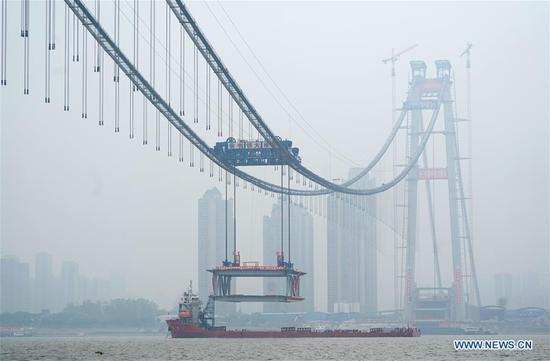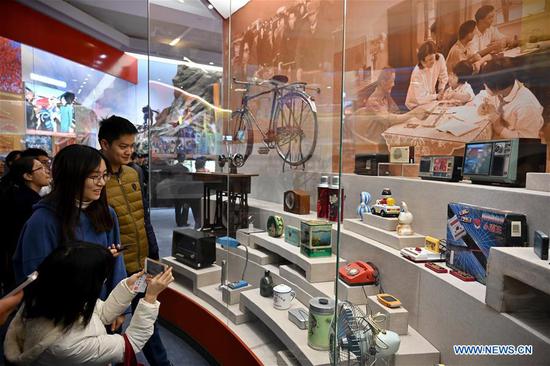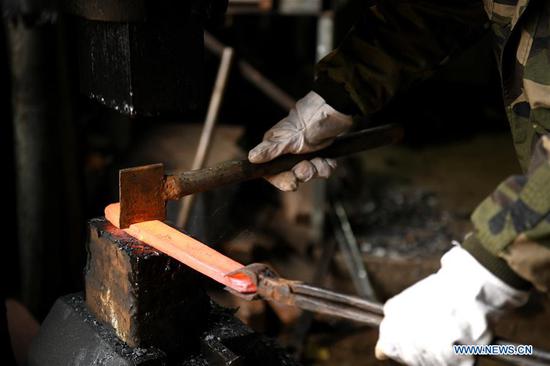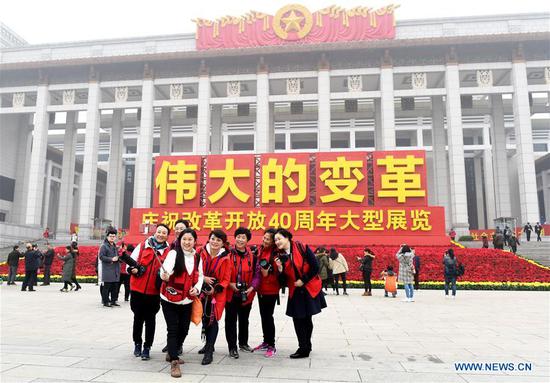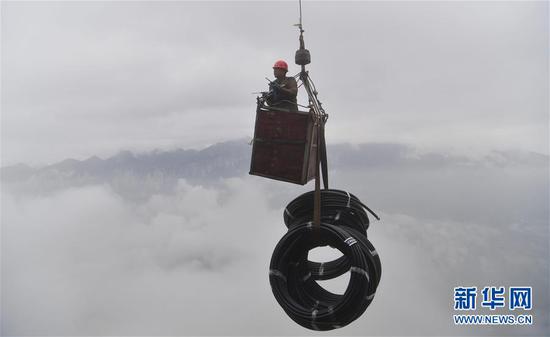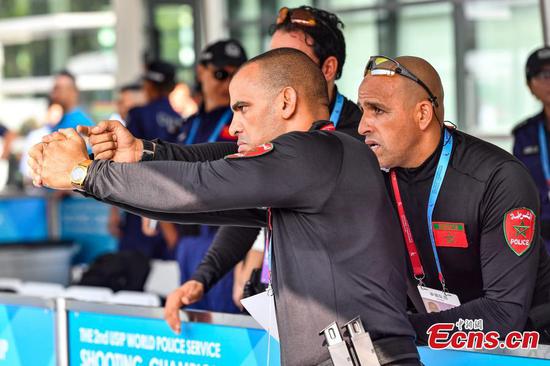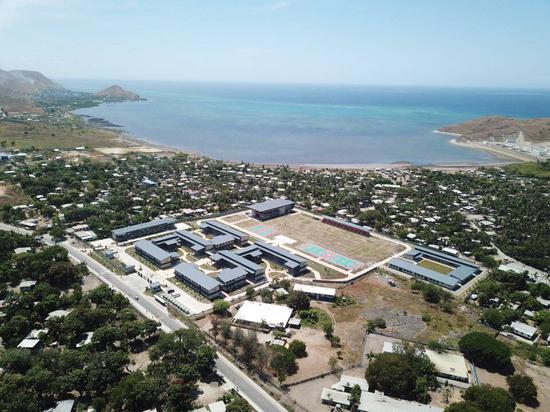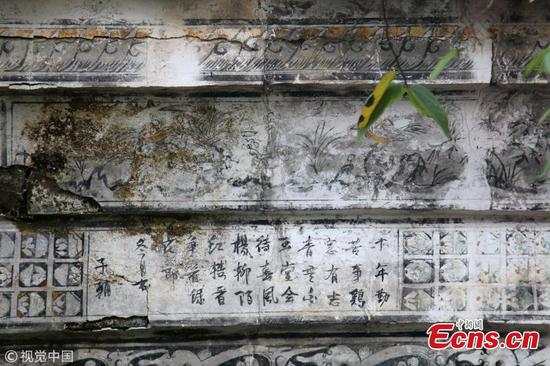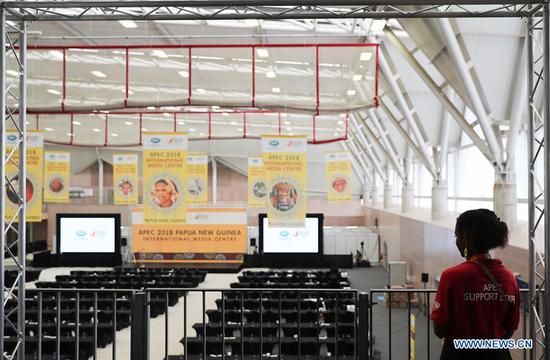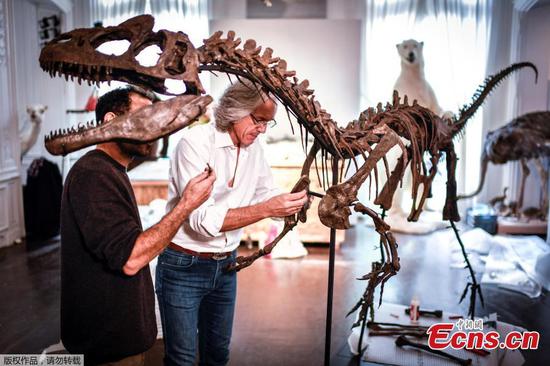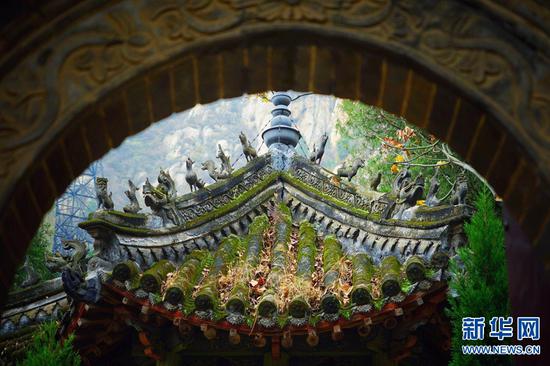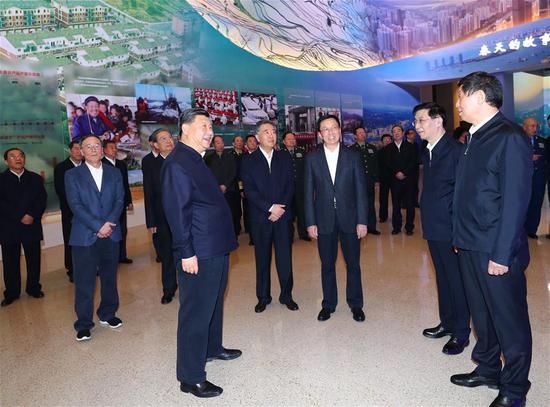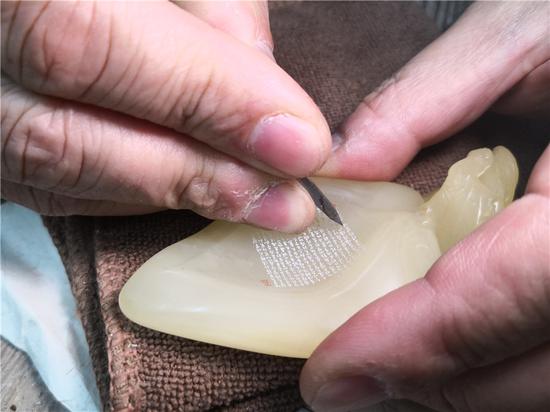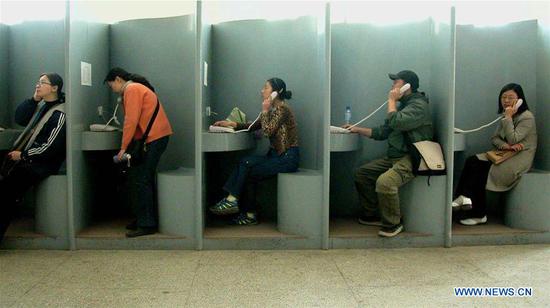About 69 percent of the central State-owned enterprises (SOEs) and their subsidiaries had achieved mixed ownership as of the end of 2017, showing that China has made steady progress in advancing mixed-ownership reform, the People's Daily reported on Thursday.
Weng Jieming, deputy head of the State-owned Assets Supervision and Administration Commission, told a press conference on Wednesday that most of the mixed-ownership enterprises were in sectors such as property development, construction, building materials, telecommunications and mining, the report said.
More than 87 percent of SOEs in the construction industry had completed the reform process, Weng said.
"These areas - for example, telecommunications - are relatively easier for private capital to enter," Li Jin, chief researcher of the China Business Research Center, told the Global Times on Thursday,
Reform will move faster in these sectors, Li told the Global Times.
The central government pursued comprehensive reform at telecoms carrier China Unicom starting in 2017, which has been seen as a test case for SOE reform.
Li said that the next phase of the reform process will focus on sectors such as petroleum, natural gas and defense, which are industries that private capital has had a hard time entering.
"SOE monopolies in these sectors shut out smaller companies and in some cases, even led to inefficiencies, but largely backed by the nation's strategy of military and civilian integration, reform in some sectors such as rocketry have accelerated," Li said.
Li forecast that mergers of centrally administered SOEs will increase and efforts will be made to improve the competitiveness of SOEs' main businesses.











